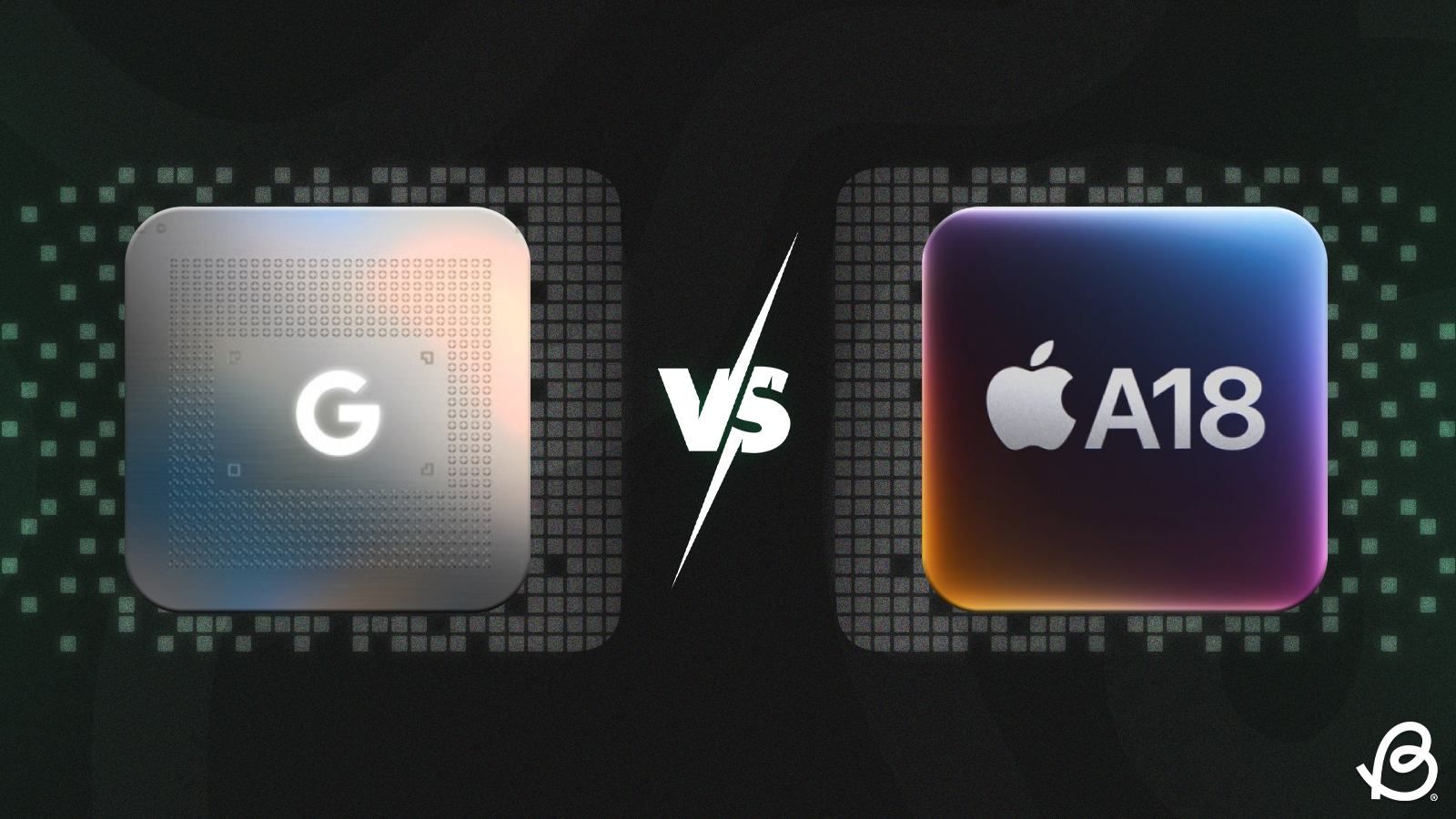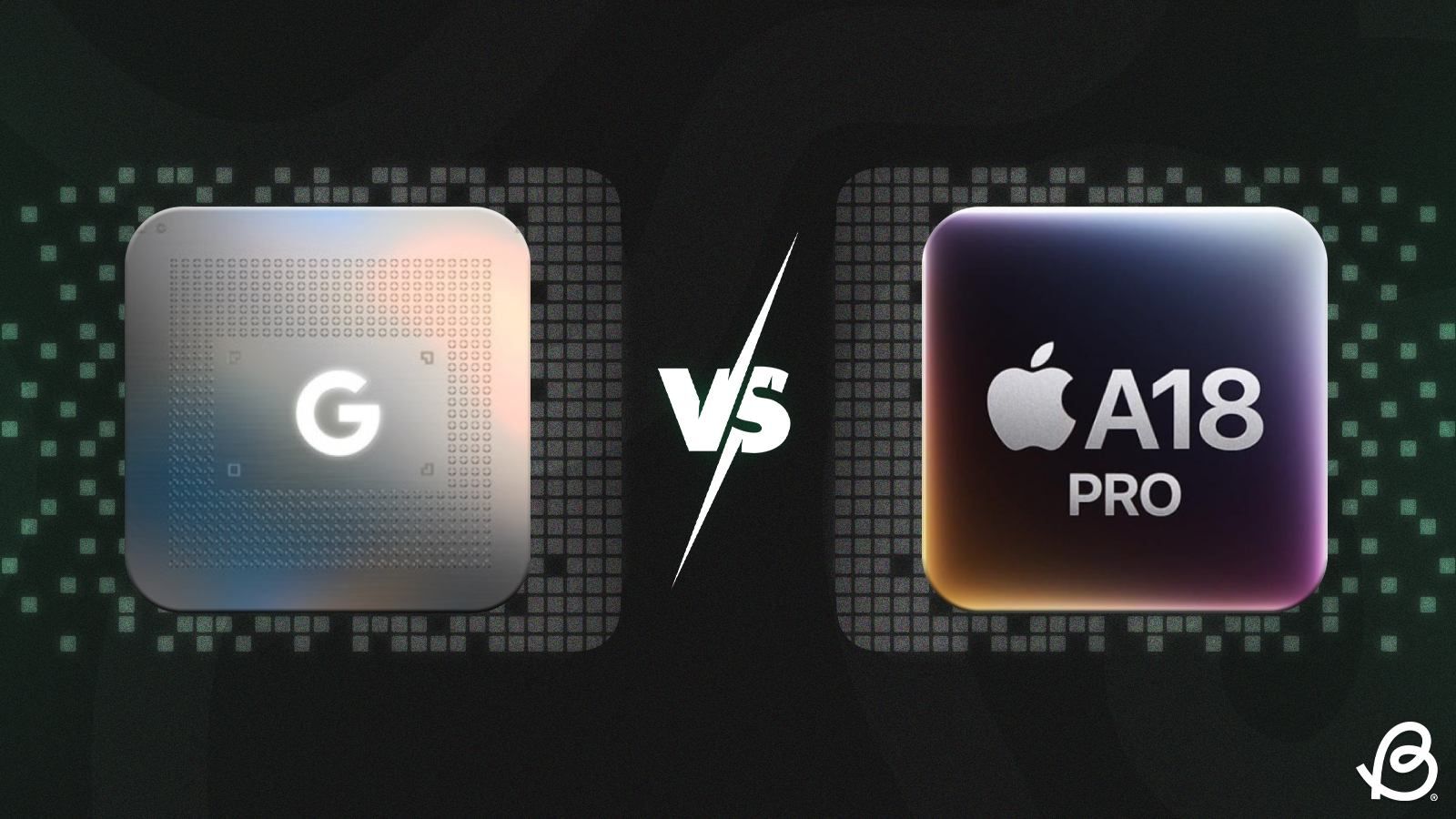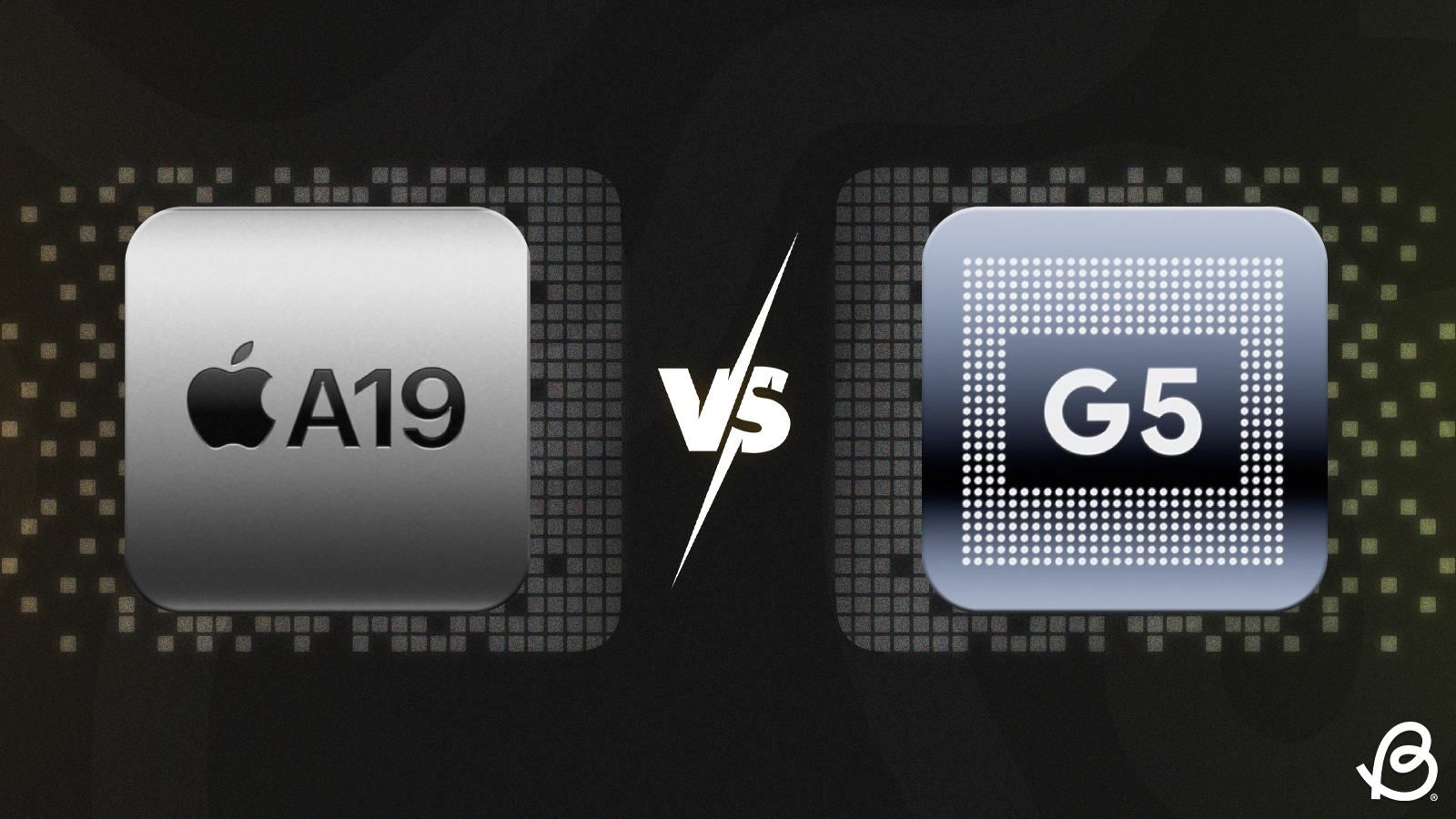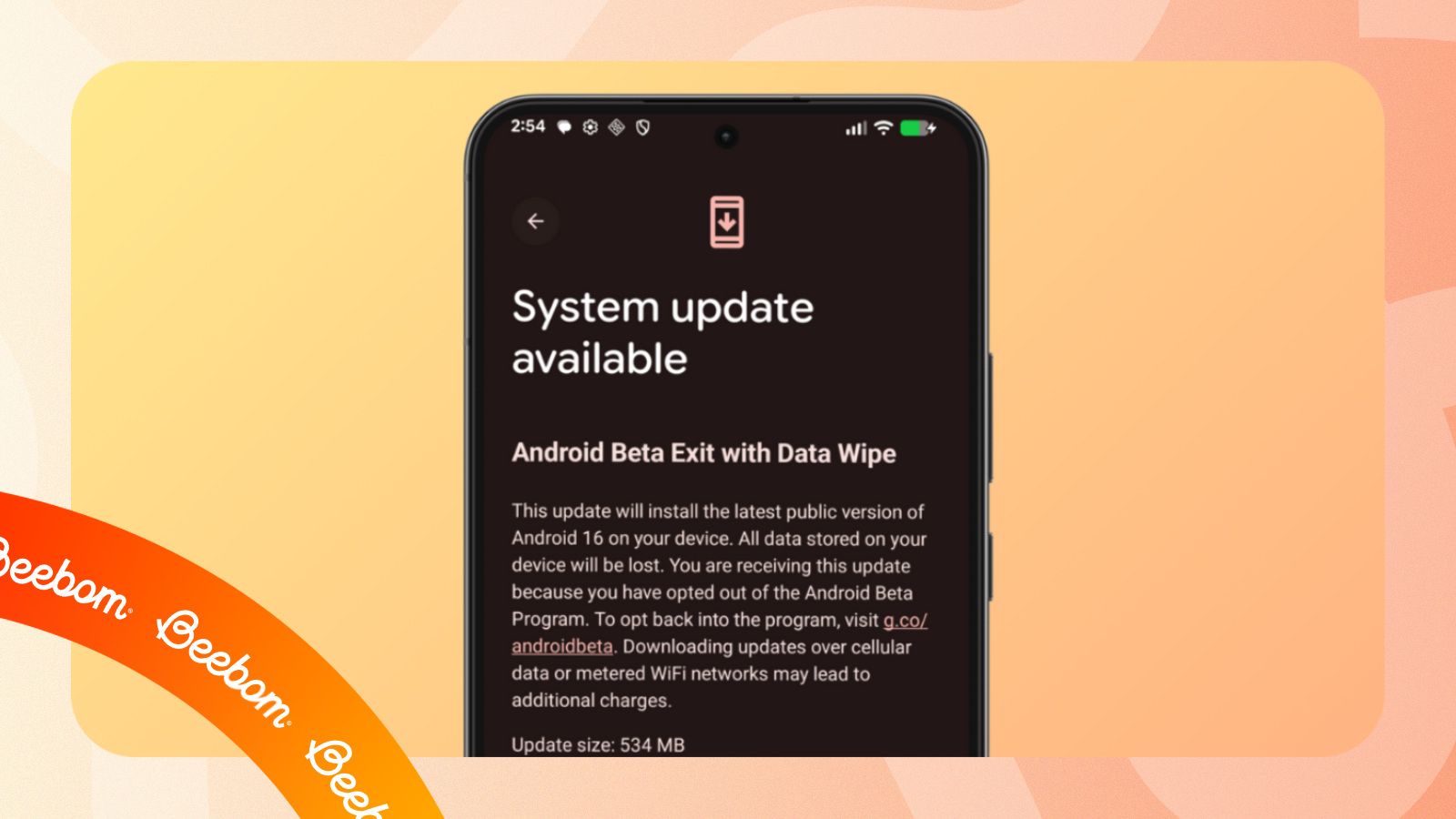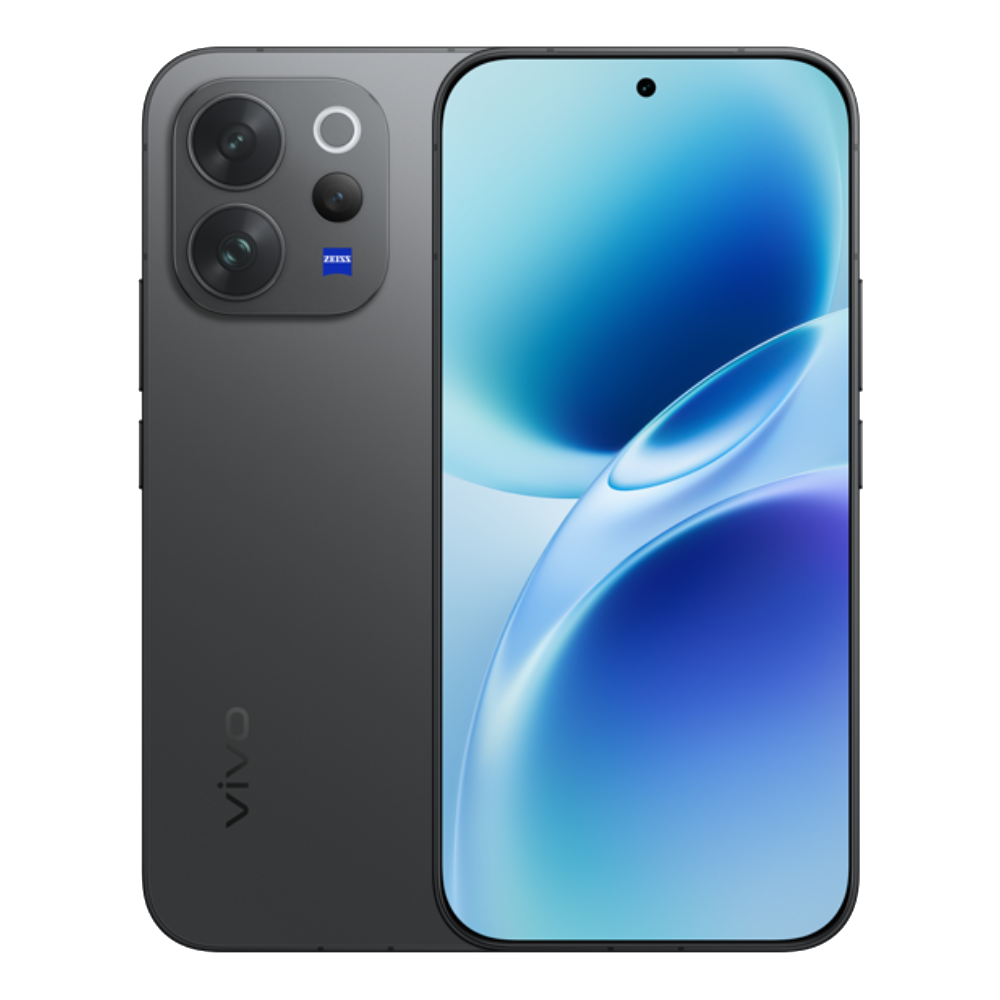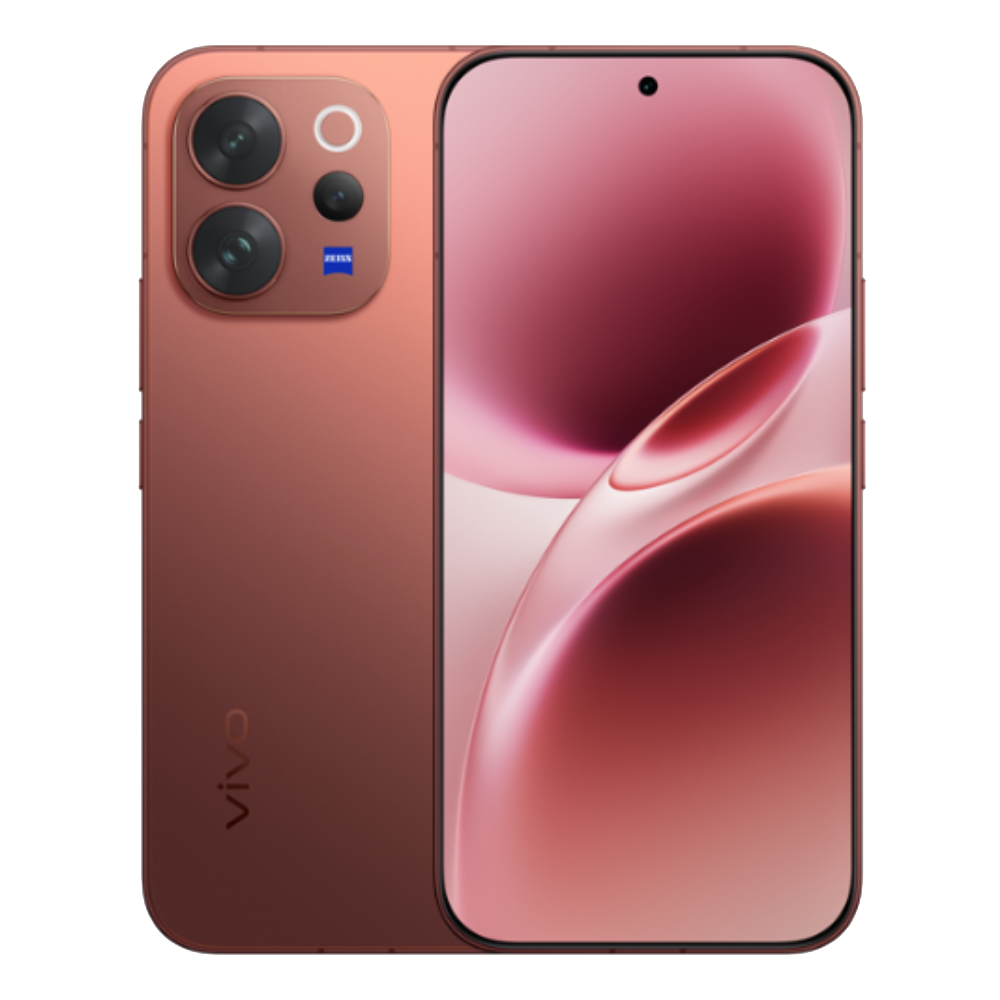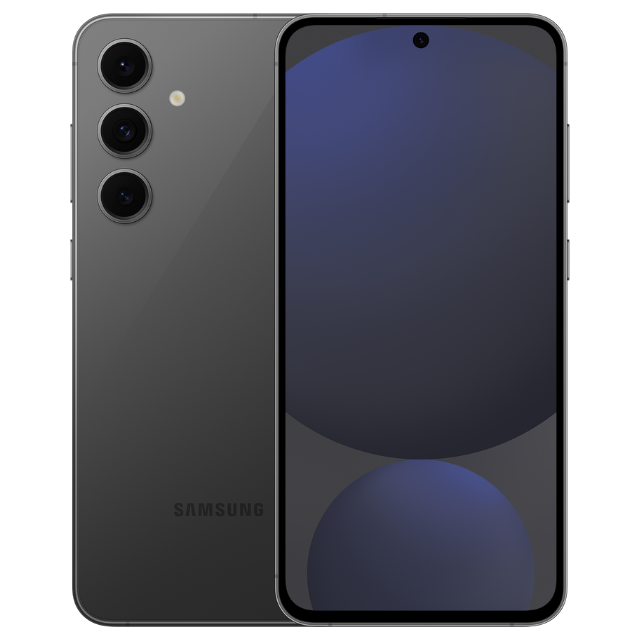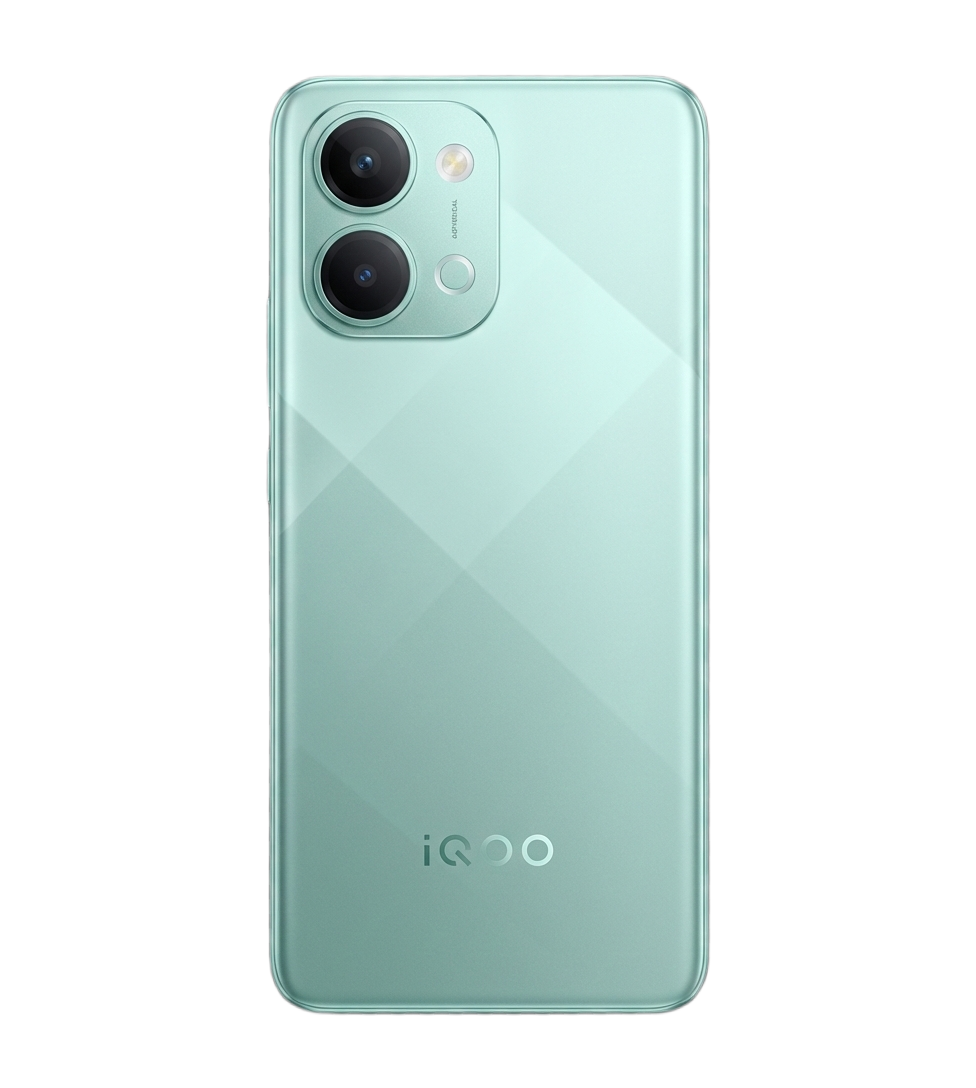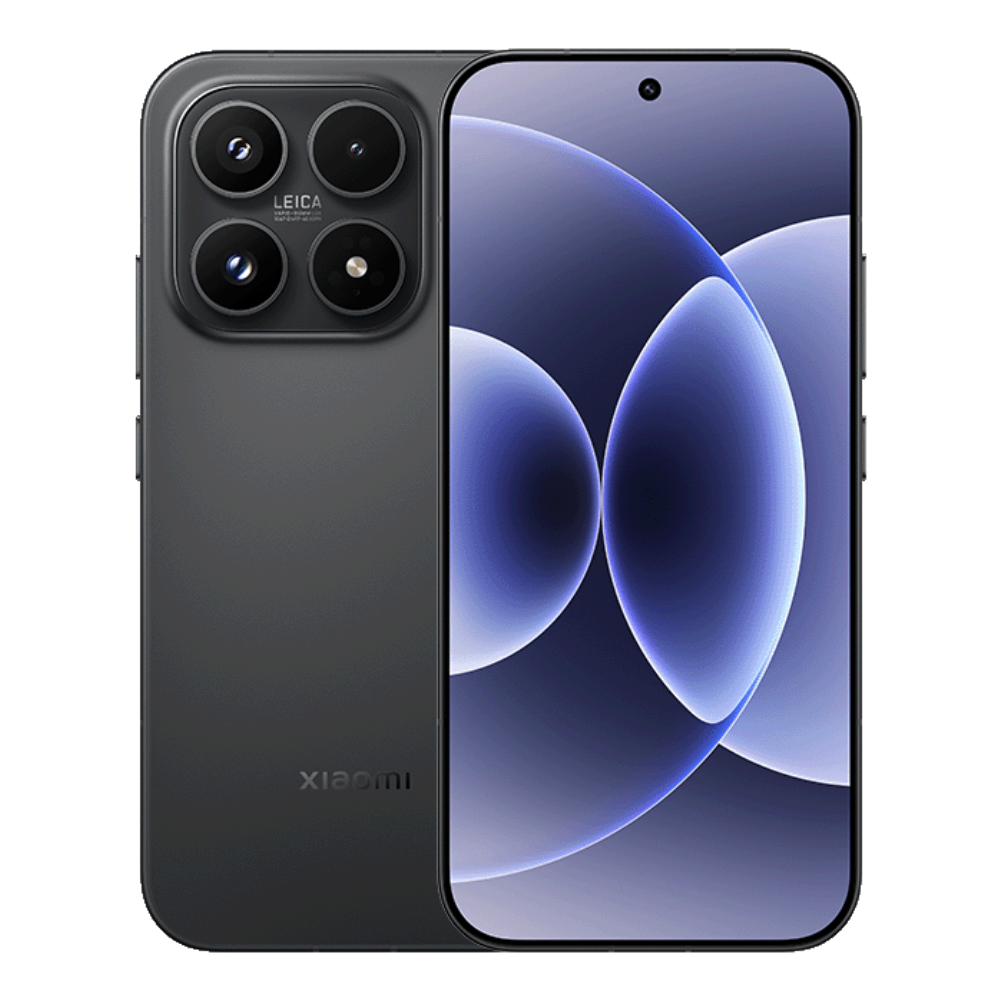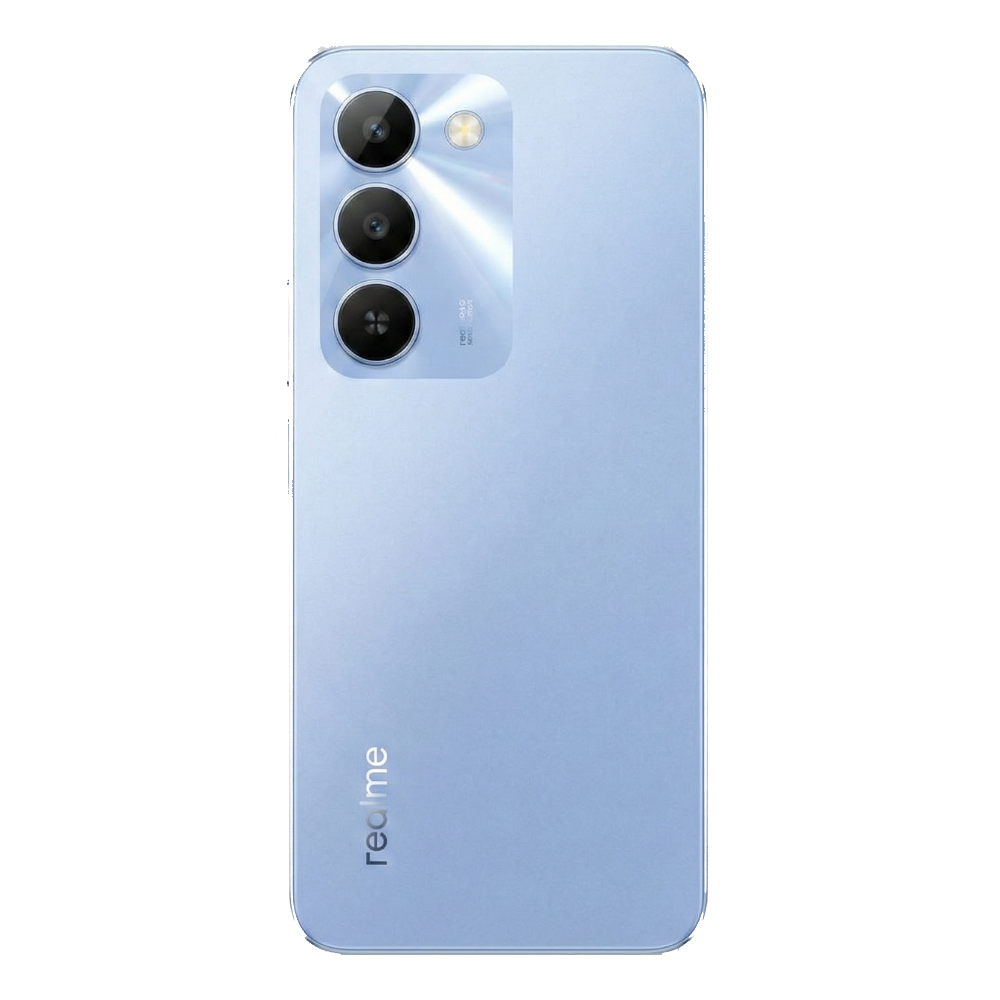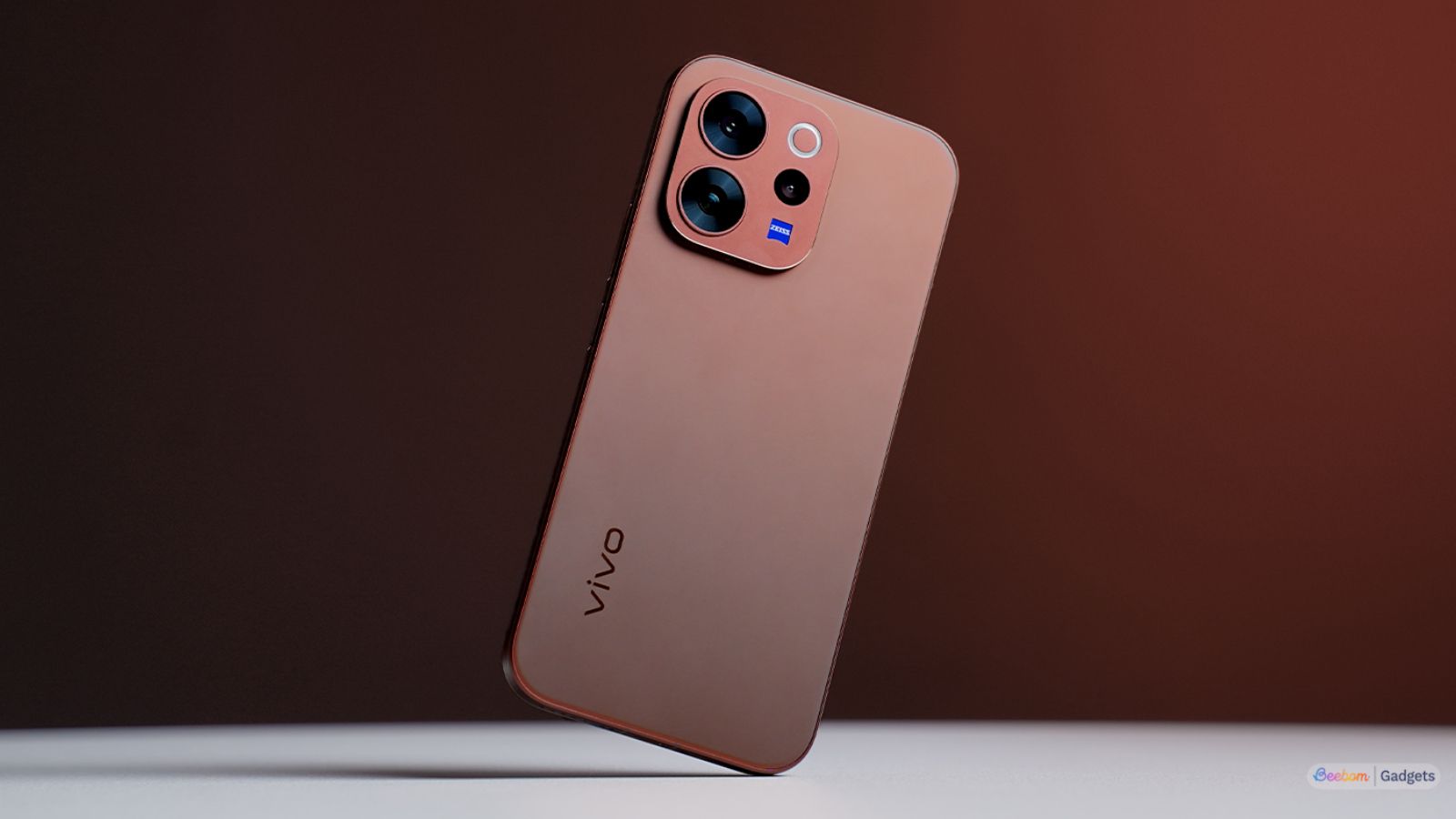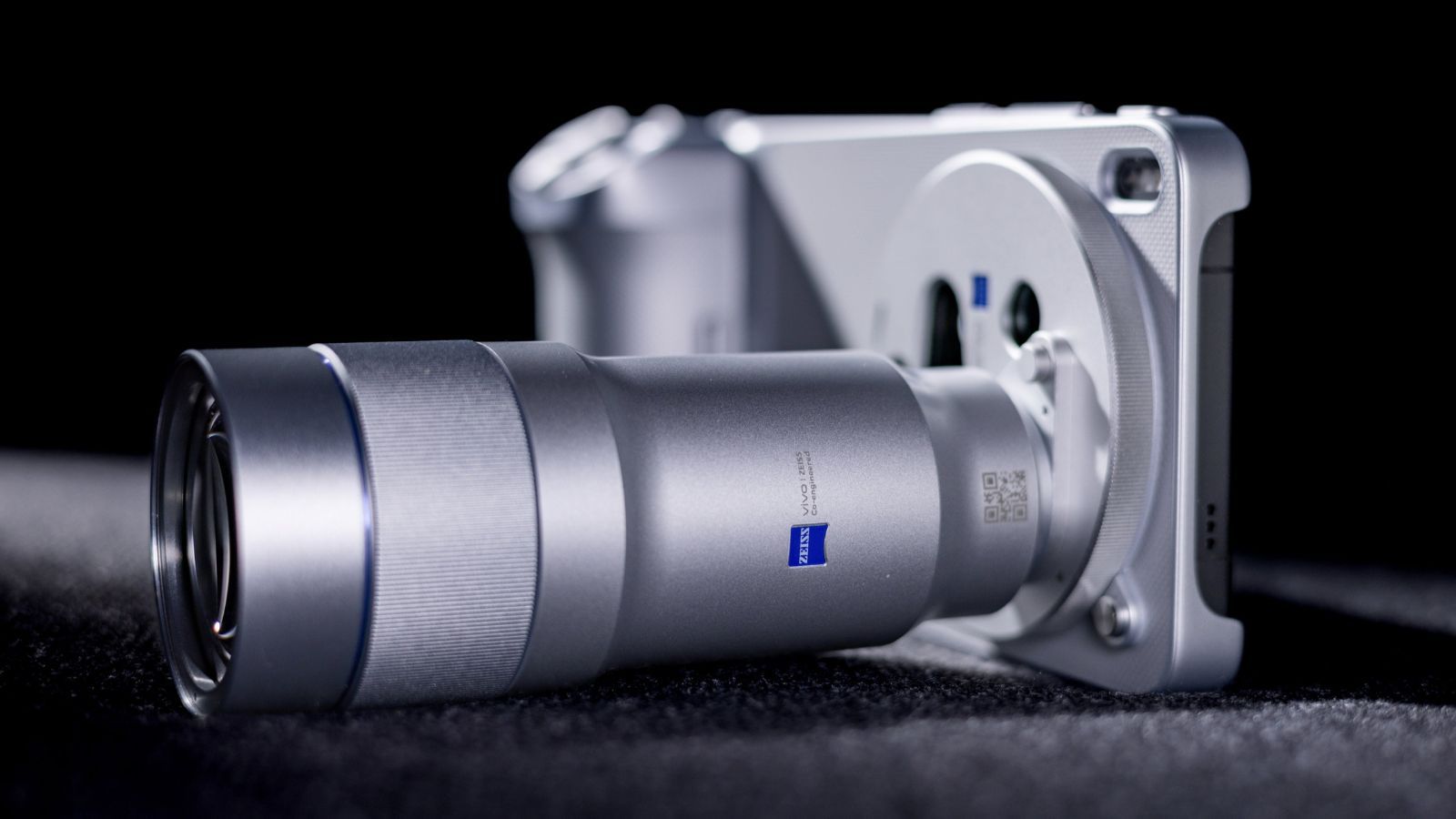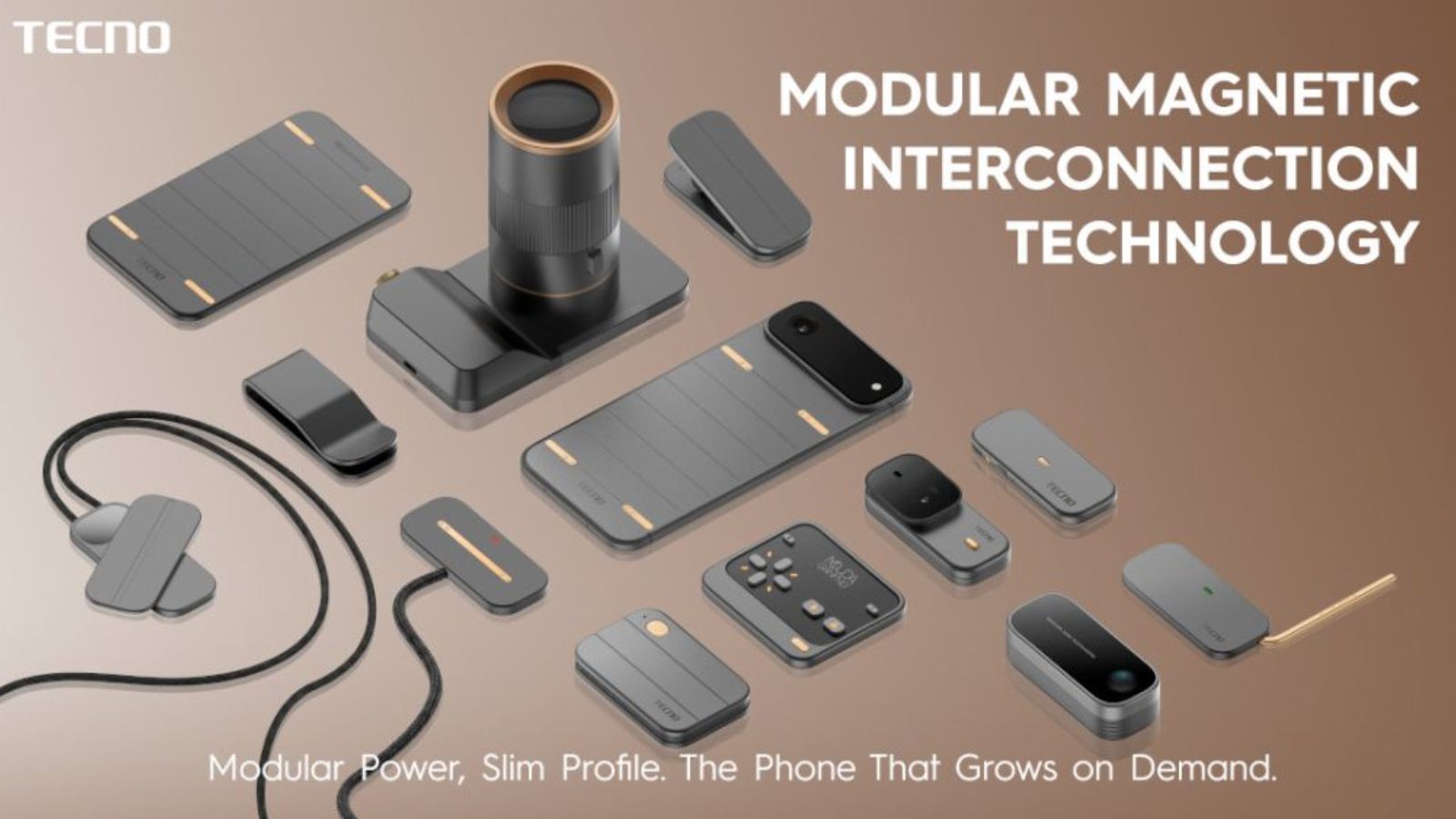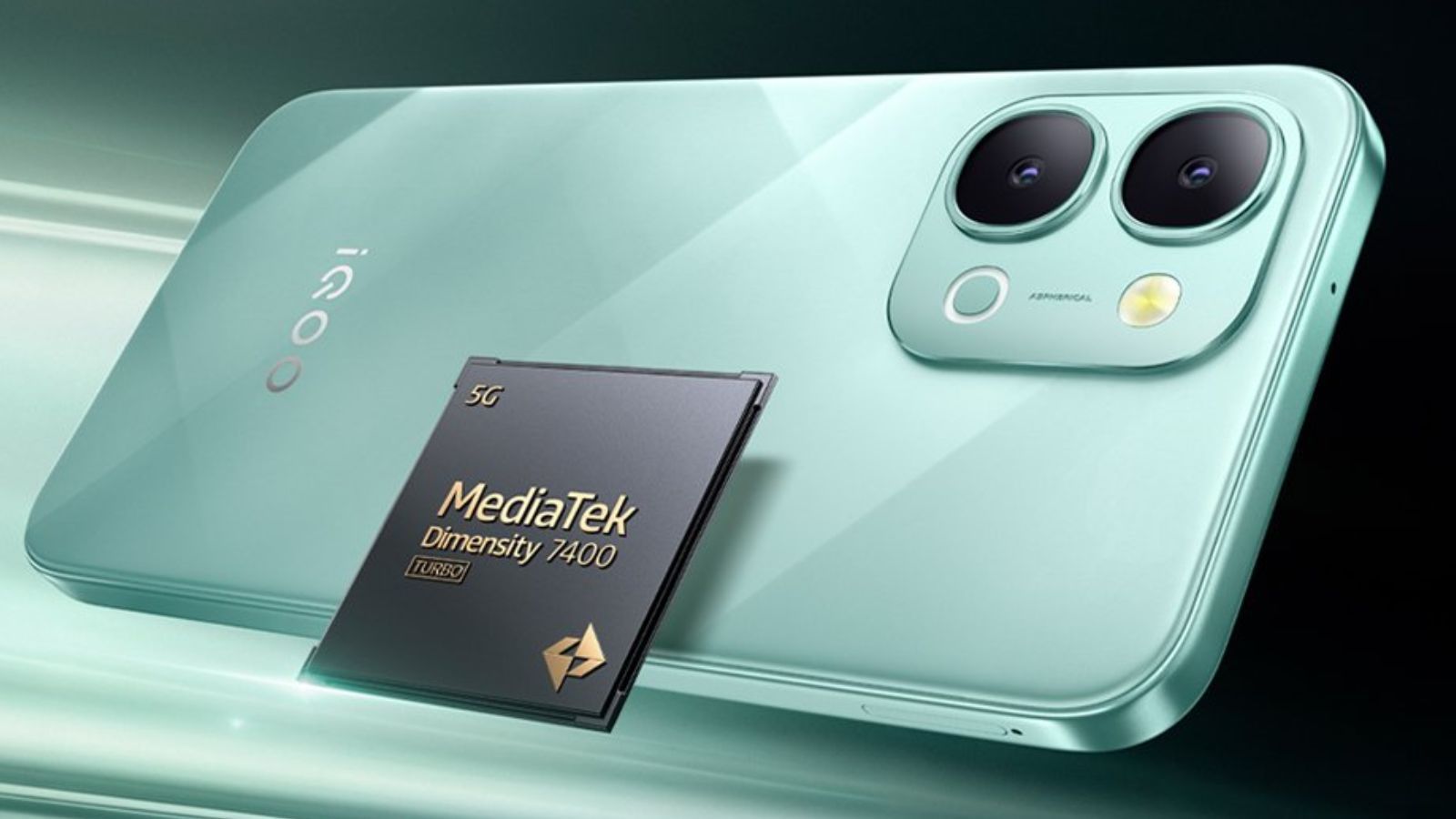Google directly competes with Apple's iPhone with its Pixel series, and this year's Pixel 10 lineup is powered by the new Tensor G5 chipset. While in terms of software features, Google may have an upper hand, but can it surpass Apple's A18 silicon? In that context, we have compared the Tensor G5 and Apple A18 to find out which processor delivers stronger performance in CPU and GPU departments. Here are the benchmark results.
Tensor G5 vs Apple A18: AnTuTu Score
| AnTuTu Benchmark | Tensor G5 | Apple A18 |
| AnTuTu Score | 1,291,252 | 1,790,331 |
| CPU | 457,073 | 716,493 |
| GPU | 382,578 | 596,039 |
| Memory | 242,613 | 121,645 |
| UX | 208,988 | 356,154 |
In the AnTuTu benchmark that we conducted, the Pixel 10 Pro powered by the Tensor G5 scored 1,291,252 points while the Apple A18 delivered 38% faster performance, achieving 1,790,331 points. In the CPU department, Apple's 6-core CPU performed 56% faster and the 5-core GPU delivered 55% faster graphics performance. In the AnTuTu benchmark, the performance gap is evident between the Tensor G5 and A18.
Tensor G5 vs Apple A18: Geekbench Score
| Geekbench 6 CPU | Tensor G5 | Apple A18 |
| Single-core | 2,285 | 3,254 |
| Multi-core | 6,191 | 8,070 |
Next, in the Geekbench 6 CPU test, the Tensor G5 processor scored 2,285 in the single-core test and 6,191 in the multi-core test. If we compare Apple's A18 chipset, it achieved an incredible 3,254 in single-core and 8,070 in multi-core. It's clear that Apple's custom CPU is far ahead than what Google has managed to develop with Arm Cortex CPU.
In effect, the Apple A18 chipset is around 43% faster than the Tensor G5 in single-core tasks, while gaining over 30% performance gain in multi-core tasks. And this is despite Apple packing only six CPU cores, whereas Google has added eight CPU cores on the Tensor G5. Put simply, the Apple A18 is operating on another level, whereas the Tensor G5 is nowhere near the same ballpark.
Tensor G5 vs Apple A18: Benchmark Gallery
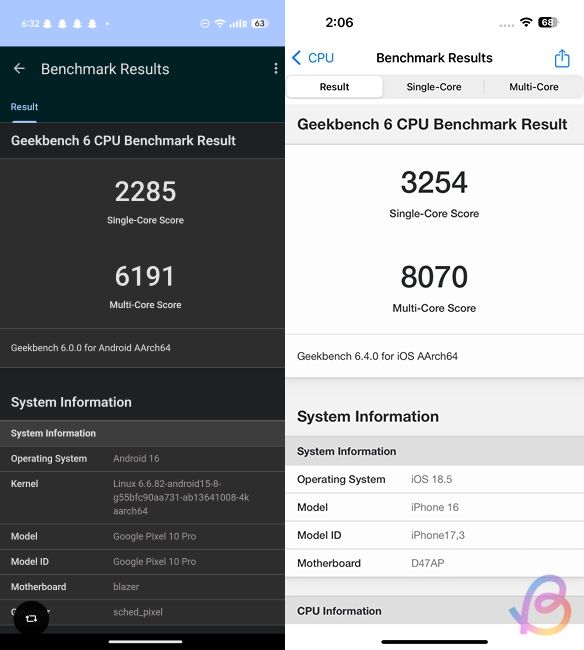
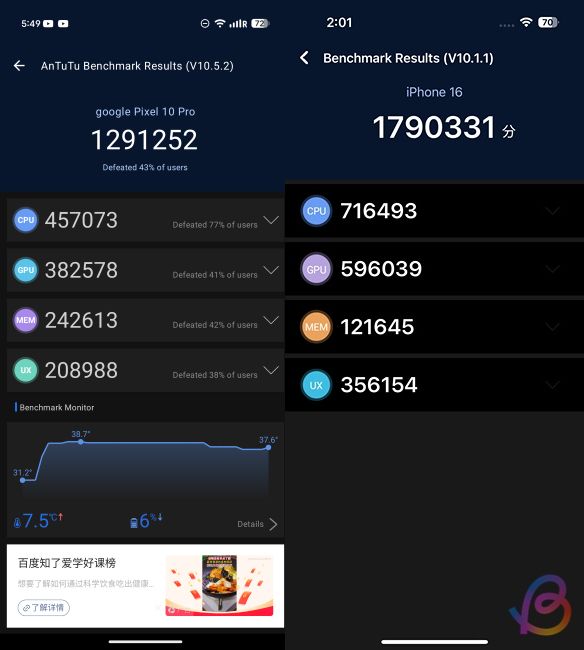
Tensor G5 vs Apple A18: Specs Comparison
| Specs | Tensor G5 | Apple A18 |
| Process Node | TSMC’s 3nm (N3E) | TSMC’s 3nm (N3E) |
| CPU | 8-core Arm Cortex CPU | 6-core Apple CPU |
| CPU Cores | 1x Cortex-X4 (3.78GHz), 5x Cortex-A725 (3.05GHz), 2x Cortex-A520 (2.25GHz) | 2x 4.05GHz Performance cores, 4x 2.42GHz Efficiency cores |
| GPU | Imagination Technologies DXT-48-1536 GPU, No Ray Tracing | Apple 5-core GPU |
| Storage and Memory | Zoned UFS 4.0 (512GB and above) and LPDDR5X | LPDDR5X, up to 7500 MT/s |
| NPU | New Google Edge TPU | 16-core Neural Engine; 35 TOPS |
| Modem | Samsung Exynos 5400 5G modem, Sub-6GHz 5G band support (India) | Snapdragon X75 5G modem, Peak Download Speed 10Gbps, Peak Upload Speed 3.5 Gbps |
| Connectivity | Wi-Fi 6E, Wi-Fi 7, and Bluetooth 6.0 | Wi-Fi 7, Bluetooth 5.3 |
Verdict
As far as the CPU performance is concerned, the Apple A18 processor redefines what is possible on a mobile SoC. The Tensor G5 CPU, while delivering decent performance thanks to TSMC's 3nm process node, is at least two generations behind. The AnTuTu results further showcase a much wider gap between the two chipsets. And let's not forget, we are talking about last year's non-Pro A18 processor. The next-gen Apple A19 will easily trounce the Tensor G5 without any doubt.


